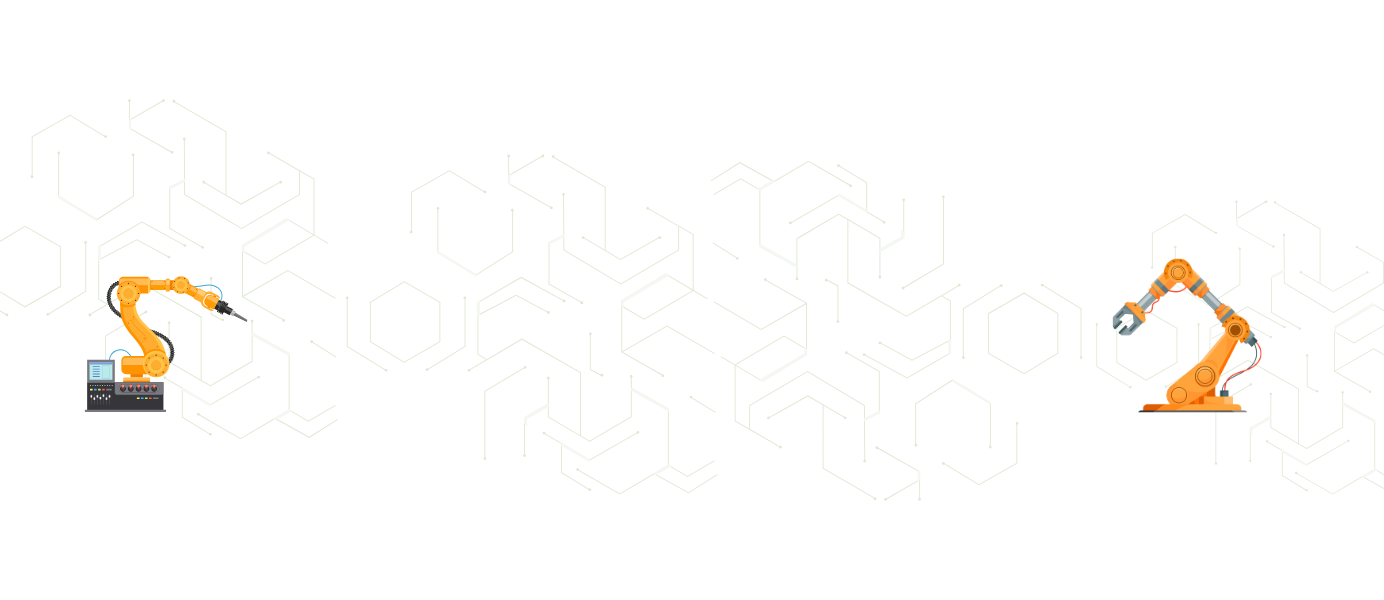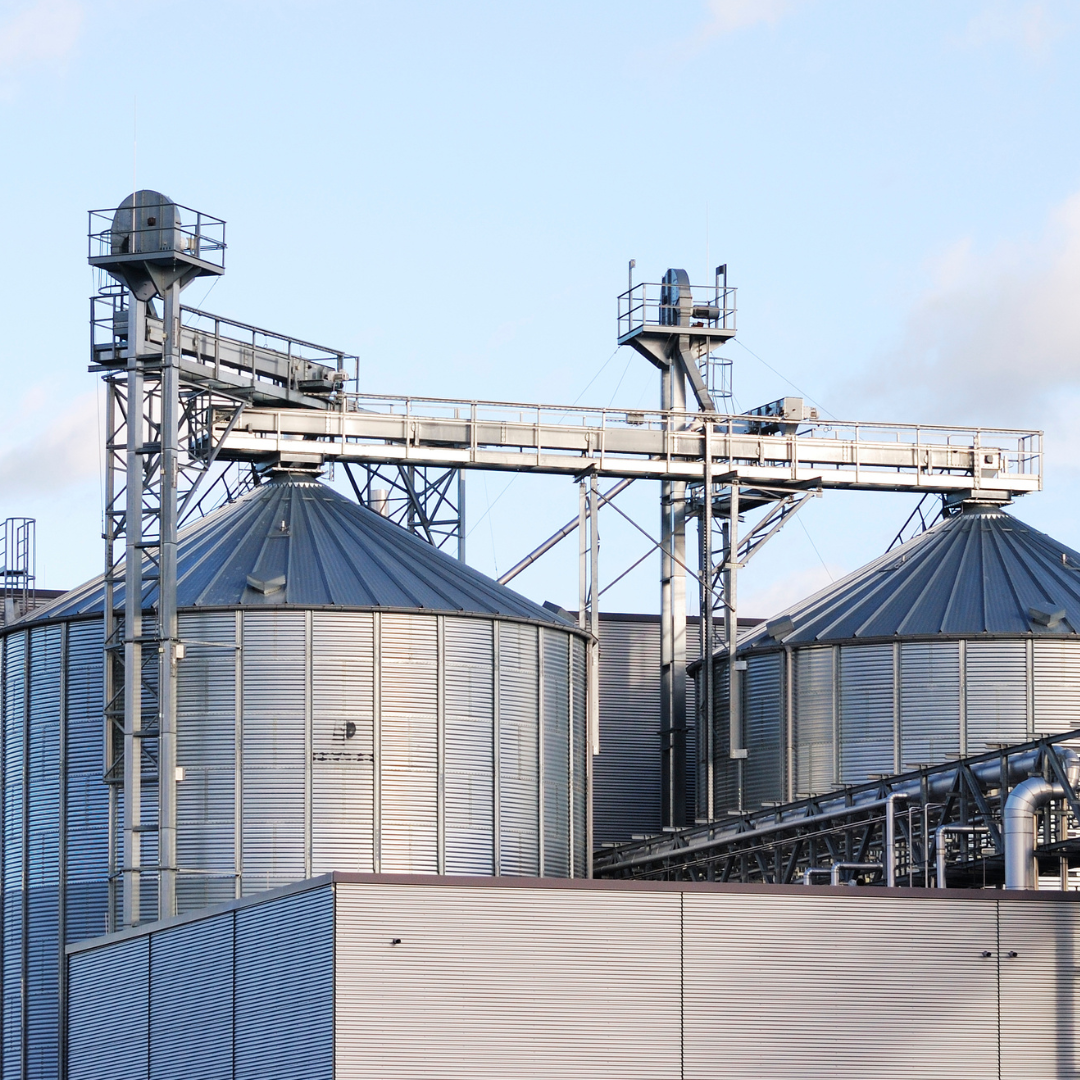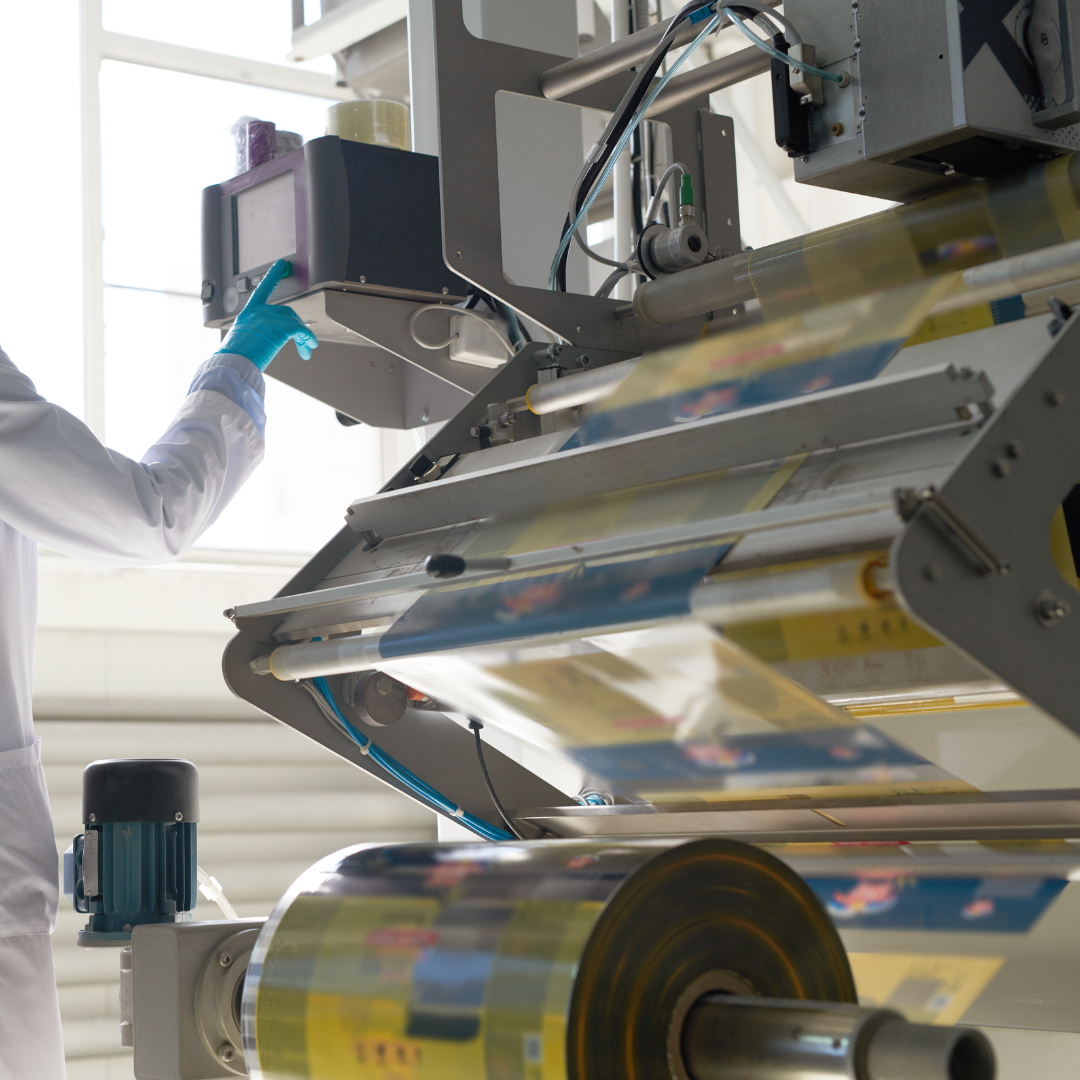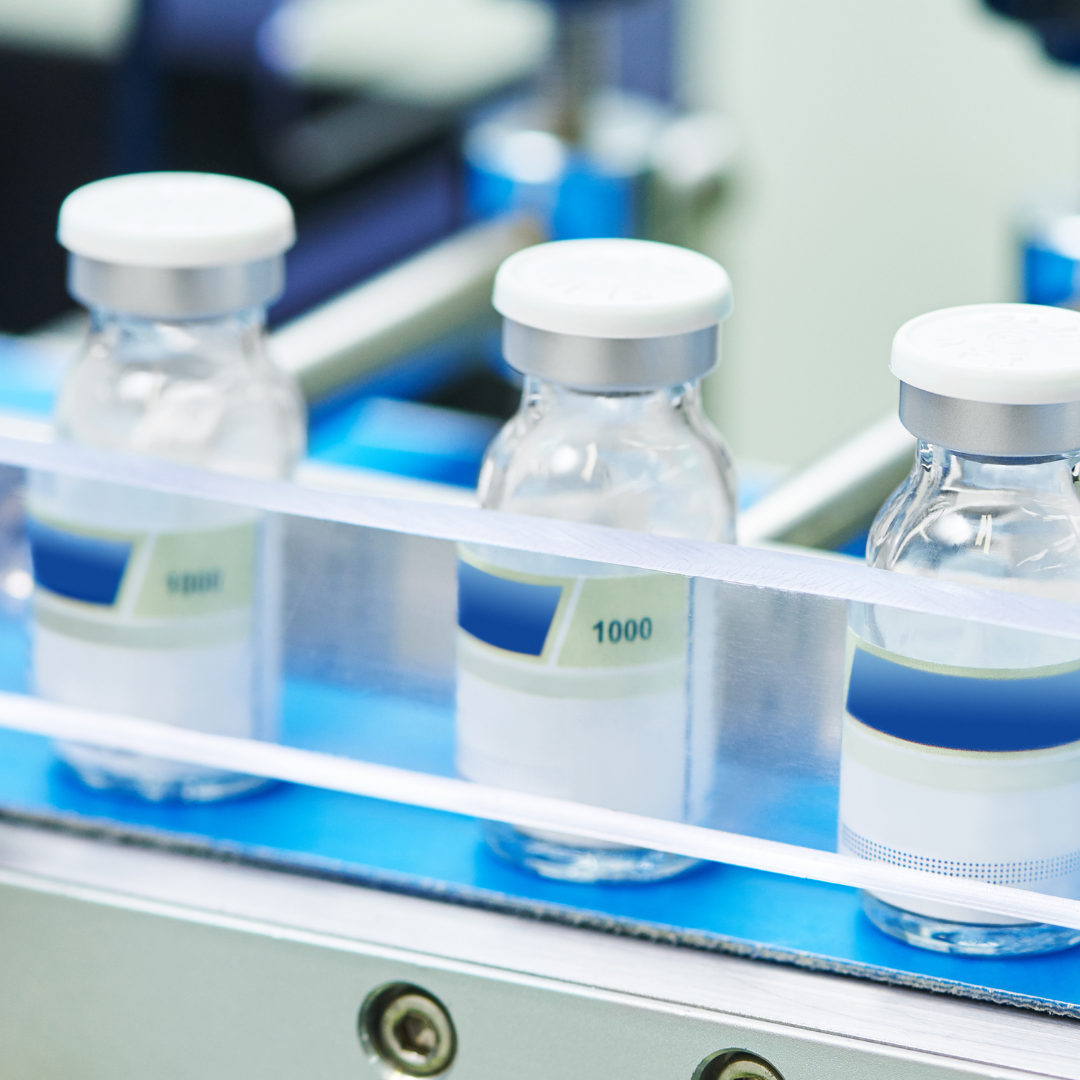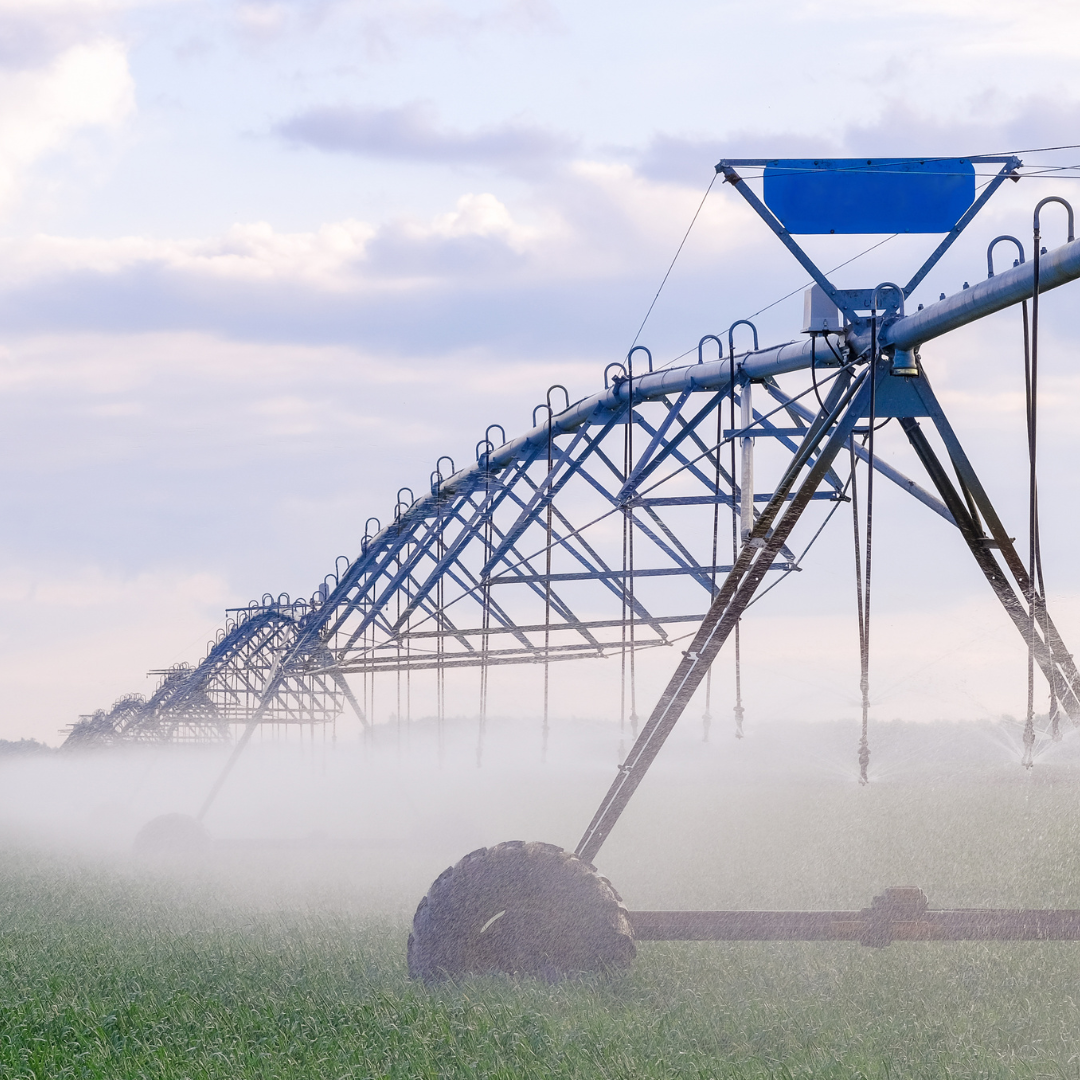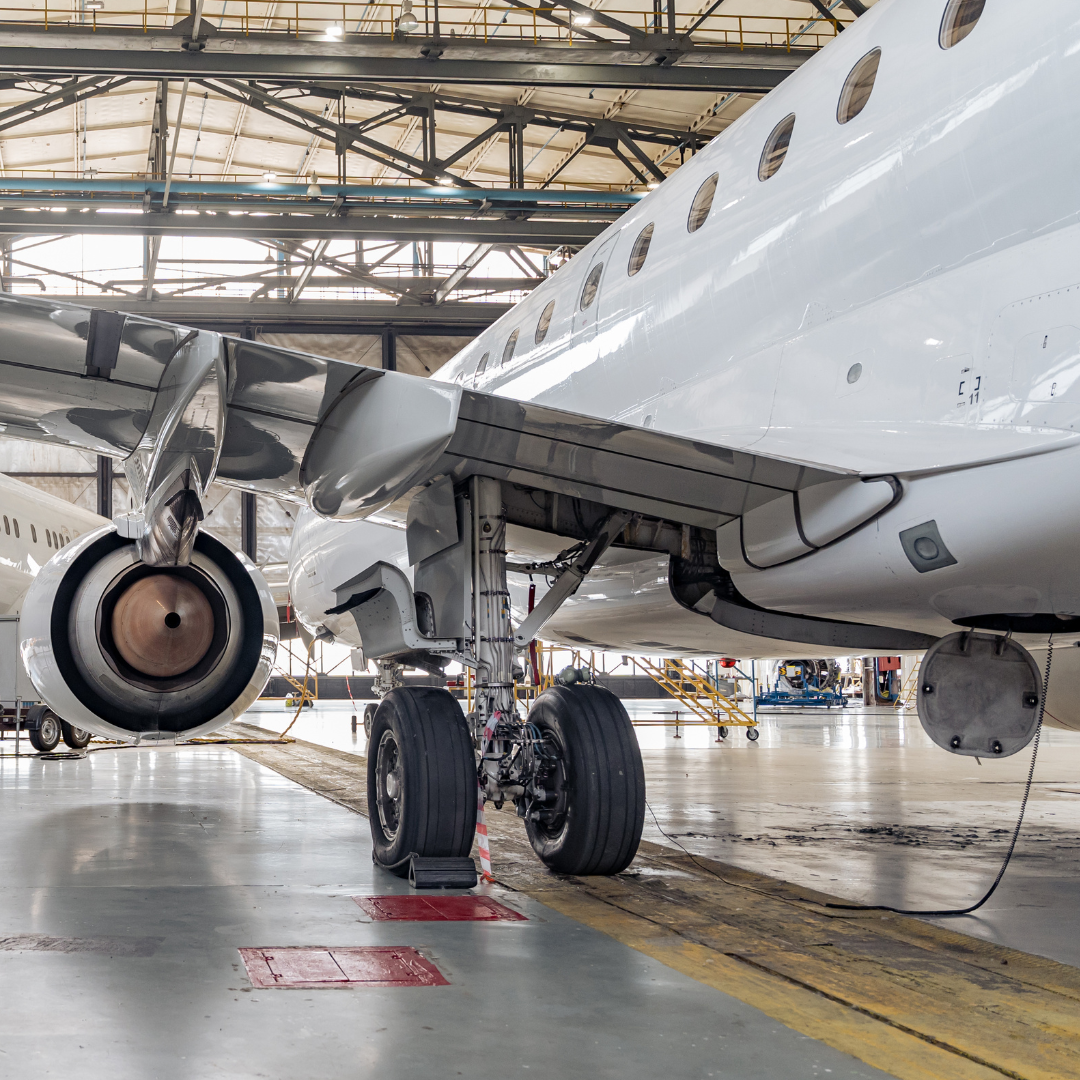Chemical Industry
The chemical industry: drivers of innovation and challenges
The chemical industry in Germany, as the third-largest sector, is now a key driver of innovation for sustainable development. This sector is one of the most technology-intensive in the world and is currently undergoing structural change, characterized by digitalization, automation, and new technologies such as artificial intelligence (AI) and machine learning (ML).
The concept of smart factories has gained traction over the years, with some companies opting for the full implementation of robotic systems. There's no doubt that automation is changing the face of the chemical industry.
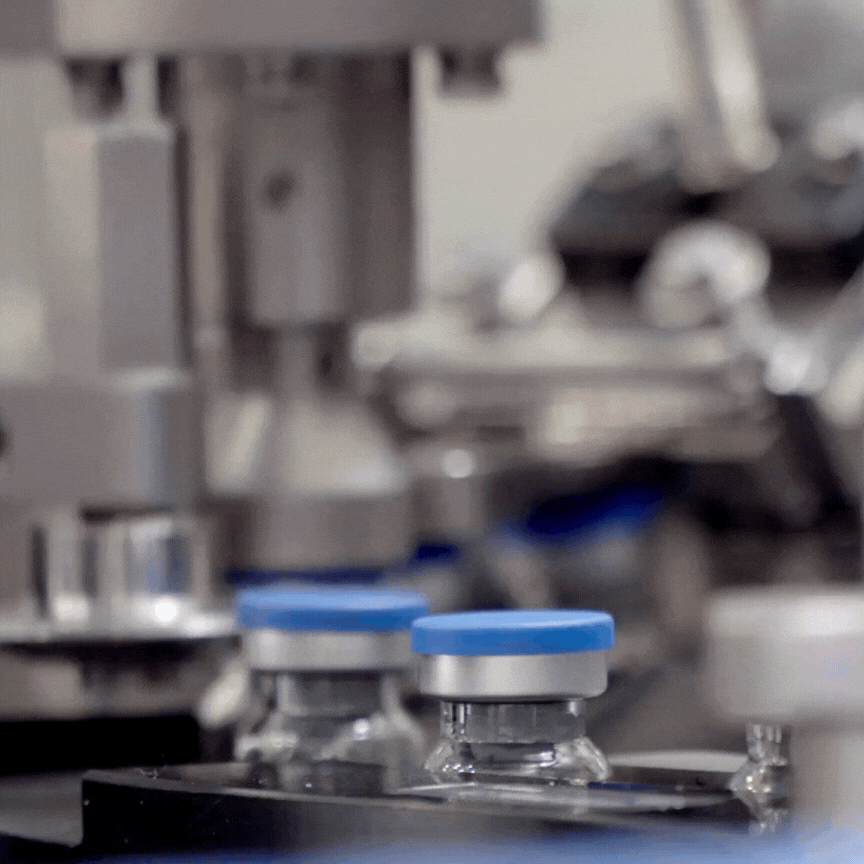
Higher productivity, lower total costs
Technological innovations
Companies in the chemical industry are increasingly relying on the use of big data and analytics to optimize their processes and make data-driven, well-founded decisions.
The digitalization of processes in the chemical industry and at chemical and pharmaceutical sites affects various areas, from planning to maintenance. Digital networking of the supply chain enables the exchange of information in real time. This allows for efficient planning, control, and monitoring of material flows, inventory levels, and customer orders.

Process optimization in chemistry
Process optimization in the chemical industry is a critical factor for the long-term success and competitiveness of companies. Given rising raw material prices, growing environmental regulations, and intensifying global competition, it is essential to make production processes more efficient. Effective process optimization plays a key role in increasing efficiency, quality, and profitability. It can not only reduce production costs but also improve product quality and reduce environmental impact.
The use of tools such as Lean Manufacturing, Six Sigma, or Business Process Management enables targeted error analysis and the continuous reduction of process deviations. Weak points are eliminated and efficiency is increased.
Higher productivity, lower total costs
Technological innovations
Companies in the chemical industry are increasingly relying on the use of big data and analytics to optimize their processes and make data-driven, well-founded decisions.
The digitalization of processes in the chemical industry and at chemical and pharmaceutical sites affects various areas, from planning to maintenance. Digital networking of the supply chain enables the exchange of information in real time. This allows for efficient planning, control, and monitoring of material flows, inventory levels, and customer orders.
Process optimization in chemistry
Process optimization in the chemical industry is a critical factor for the long-term success and competitiveness of companies. Given rising raw material prices, growing environmental regulations, and intensifying global competition, it is essential to make production processes more efficient. Effective process optimization plays a key role in increasing efficiency, quality, and profitability. It can not only reduce production costs but also improve product quality and reduce environmental impact.
The use of tools such as Lean Manufacturing, Six Sigma, or Business Process Management enables targeted error analysis and the continuous reduction of process deviations. Weak points are eliminated and efficiency is increased.



Use of artificial intelligence (AI) and machine learning (ML)
The chemical industry is increasingly using advanced technologies to optimize processes and predict future outcomes. This enables the development of new materials and chemicals through comprehensive data analytics and the automation of laboratory and production processes, leading to greater efficiency. This not only enables more precise control of production processes but also the ability to adapt processes early and minimize unplanned downtime through predictive maintenance.
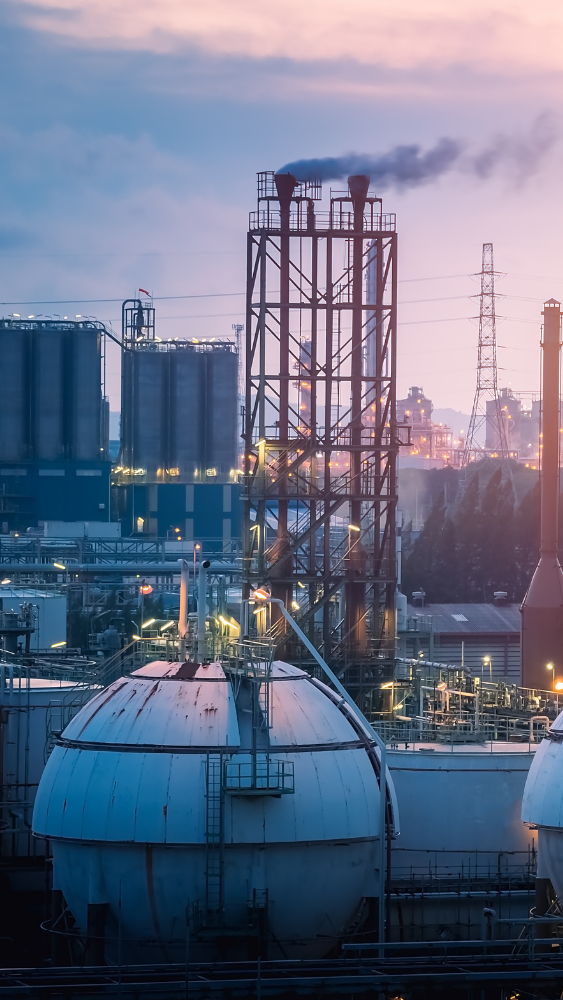
Challenges of the chemical industry
- Economic growth and market conditions
Fluctuating demand, price volatility and increasing international competitive pressure are making the economic development of the industry more difficult.
- Declining competitiveness in Germany
High energy and raw material costs as well as strict environmental regulations impair competitiveness.
- Technological transformation and digitalization
Digitalization and the use of new technologies require high investments and qualified specialists.
- Sustainability and environmental regulations
Sustainable chemistry, circular economy and renewable energies are gaining importance, but require high investments and adaptation of production processes.





